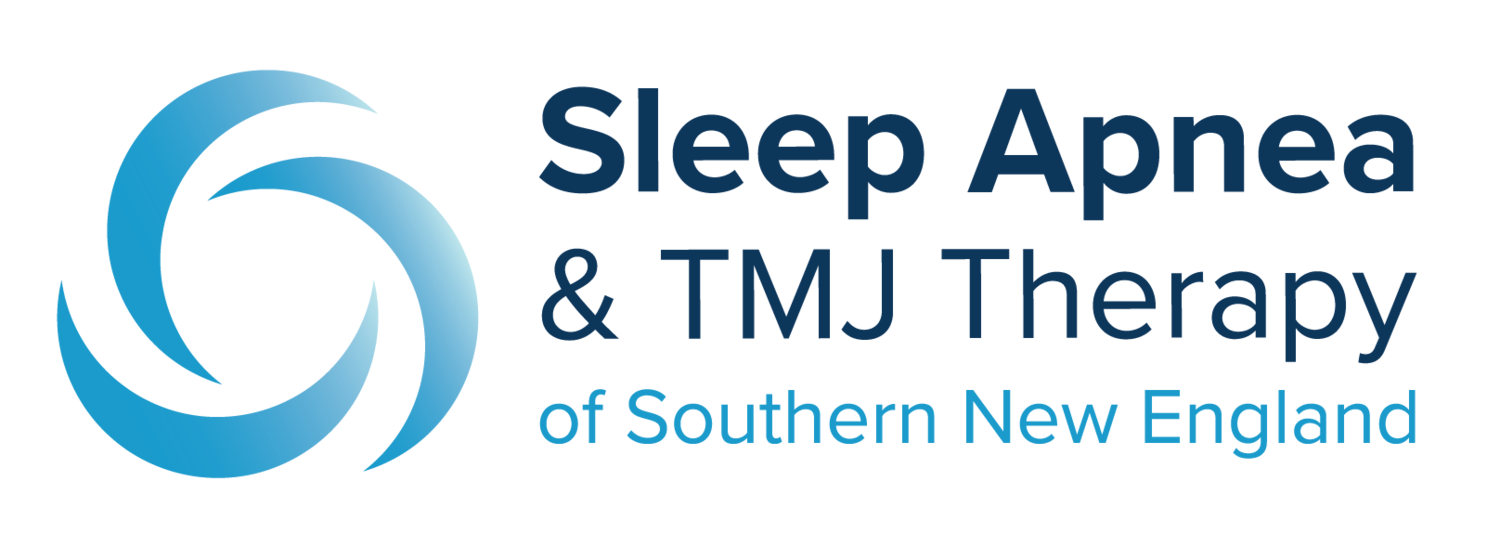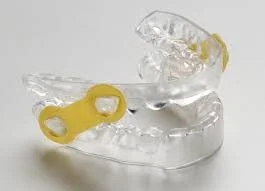Are you wondering if getting an oral appliance would treat your obstructive sleep apnea? You’re in good company. It has been a question that has been asked by most patients who enter my practice. But rest assured, the data from an enormous number of studies have shown that they are in fact very effective.
Recent studies have reported that an increasing number of patients diagnosed with obstructive sleep apnea are being treated with oral appliance therapy, a device that brings the lower jaw forward in order to open the airway.
These studies have found that oral appliances that are custom-made and can be calibrated under the supervision of a qualified dentist — a licensed dentist who has appropriate training in dental sleep medicine — are by far superior and more reliable than the ones you buy in a drug store or online. Additionally, these generic devices are not custom fit to your individual mouth, so they are not as comfortable.
Oral appliances that are custom-made by a qualified dentist have been found to be effective at reducing the severity of obstructive sleep apnea. In fact, over two thirds of patients who try oral appliances are found to benefit from the treatment.
But what about in comparison to CPAP machines? Perhaps most importantly, the health outcome of oral appliance therapy is similar to that of continuous positive airway devices (CPAP). Experts believe the increased clinical effectiveness of oral appliances is likely due to the fact that users of CPAP are not as compliant as those who use oral appliances. If you don’t use it, it’s not going to help, right? This isn’t as likely with wearing an oral appliance, because most patients find them easy to wear.
Want specifics that you can look up for yourself? A 2019 article published in the journal Healthcare, Drs. Dieljens and Vanderveken from the University of Antwerp in Belgium confirmed the validity of the above findings. The authors of this article, entitled “Oral Appliance in Obstructive Sleep Apnea,” reviewed all of the current literature to investigate the effectiveness of oral appliances. The authors’ research showed that the evidence clearly supports the use of adjustable oral appliances that are custom-made by a qualified dentist. They found that because patients typically demonstrate poor adherence to CPAP treatment, and because most people have little trouble wearing their oral appliances, the clinical effectiveness of the two treatment options end up being quite similar. Importantly, they also found that CPAP and oral appliance users experience similar health outcomes.
If you are struggling with sleep apnea or snoring, or if you already tried CPAP and are not wearing it, talk with your doctor to see if oral appliance therapy could be right for you.

